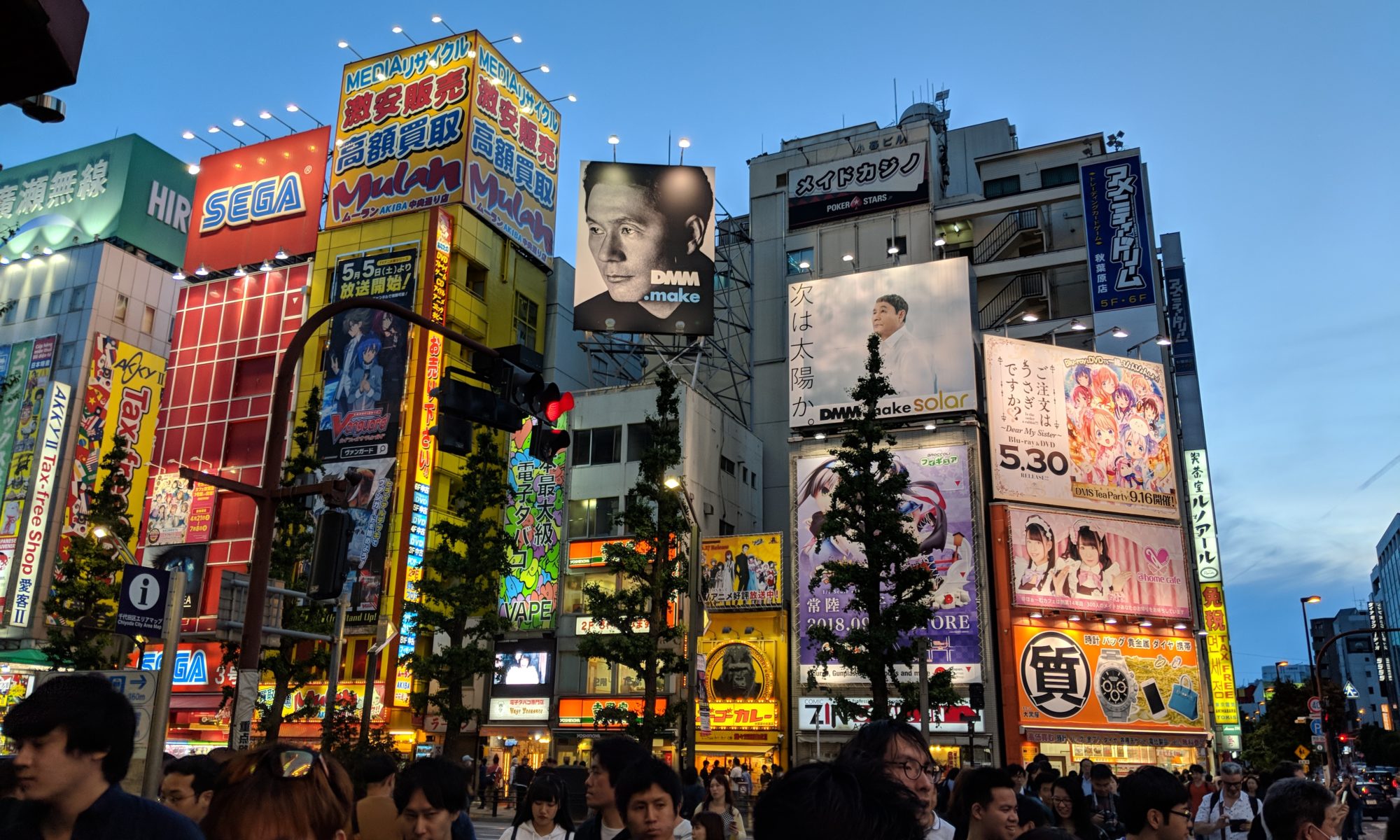A fortnight ago I got to spend time teaching two groups at Gateshead College. I had arranged with the staff an opportunity to present a lesson on computer/video games, VR and how they relate, which included activities and talks with their Level 2 Games students. The key objective of the session was to provide the students with insights and perspectives on an emerging technology and how that relates to their current studies and future career options.
I arrived at the idea, of providing a service to educational institutions, after noticing that there is a significant difference in the current usage and direction of VR development against the expectations and experience of the general public. It seems as though the enthusiasm and excitement of VR among developers – those in the realm of video and computer games specifically – is off kilter with the reality that most people in the street have experienced or imagined. This was no more evident to myself than when I held a public VR demo last month. During that time I interacted with a lot of people, some of whom had very jaded or fanciful impressions of what the new wave of VR tech was capable of, before trying an experience for themselves on a high-end Oculus Rift setup.
So how is educating students on games courses going to help? Surely they are already in the know, right?
Not exactly as you may expect. Being a student myself I simply looked to my peers, who have been watching VR, have even tried it, own it or even develop for it themselves. It was surprising to find that even the future developers of VR content sometimes have little familiarity with the applications, possibilities and limitations of the tech, beyond the idea of it replacing traditional displays as an output device.
Since I had gained knowledge of – and experience developing for – VR, I decided to give the students a non-technical crash course in the subject. Something that wasn’t going to be patronisingly basic, but also something that was technically and verbally orientated to their level of comprehension. My aim was to get them to start thinking more broadly about the potential of what is essentially a new medium through which to experience, learn and play. I want to try and use this approach to begin bridging the gap of expectation and reality that I had witnessed. After all, the students are making their first steps at crossing that bridge, between the public and industry.
I arrived early to setup and test my equipment, which proved crucial as I had to work with the staff to overcome some technical difficulties that would have ruined the presentation I had planned. These moments of worry were trivial, however, as by arriving early and coming prepared I even had time for some speaking exercises after working around the issues.
I kept the talk dynamic and alive by constantly asking the students to explain what they know about the different aspects of VR, then challenging their expectations and explaining away any misconceptions around where the tech is currently at. It was great to have a snappy and literate conversation and I found that as the students became more comfortable and interested, that they would frequently ask questions and start exploring their own ideas. This was a great outcome, as the students started explaining things to each other, reinforcing their own knowledge while expanding that of their peers.
I hadn’t any formal training in teaching to a class, so I had prepared for the event by seeking advice from experienced tutors I knew as well as reading around the matter. For instance, to keep the students tuned in I followed some advice on varying the activities every 7-10 minutes, encouraging the students to stay active with group activities that aided the transition between segments of my presentation. This worked really well and I noticed that I managed to keep most of the class engaged at almost every point. However, getting a class to shout out suggestions didn’t work quite as well when the vibe in the room was more conservative or there was a single dominant voice. This is something I look to address in my approach in future but overall was acceptable in this first attempt.
The most successful activity I felt, was the inclusion of the Marshmallow Challenge, created by Tom Wujec. I decided to try and inspire the students to improve their attitude towards their study of games and VR, by adopting a leaner, iterative approach towards the development of their personal and academic projects. My reasoning behind this was to show the students that they should not be afraid to fail, that they should test their assumptions early and be ready to adapt their plan to overcome any difficulties they face. At the same time, I wanted them to experience working together in unfamiliar teams, to a tight deadline with shifting expectations and sometimes less than optimal tools. This would hopefully show them that failure is not the end but simply a stepping stone on the route to a true and worthwhile success.
I tied the presentation up by reflecting on how I went from where they are now to where I am today. I made sure to provide the students with a step-by-step approach on how to progress and backed it up with inspiring examples of success, stories of dedicated people such as Yang Bing. An open Q&A to round off the lesson was a chance for me to clear up any burning questions and became the chance for me to really enthuse students with that can-do feeling that we all need to keep us moving forward in life.
Feedback on the day was positive, from the students and the staff. I feel I have learned just as much as the students and it was great to see a younger generation that can be just as, if not more, effervescent and imaginative as those I see working in the VR industry today.
Gateshead College games department has invited me back for more sessions with their students, as well as involving me with the deployment of a live brief that includes feedback and ongoing support for their higher education level students.
This is an exciting time and I am looking at how I can expand this service into more institutions across the region. I have created a page dedicated to promoting this service, which I call VR for Education.

